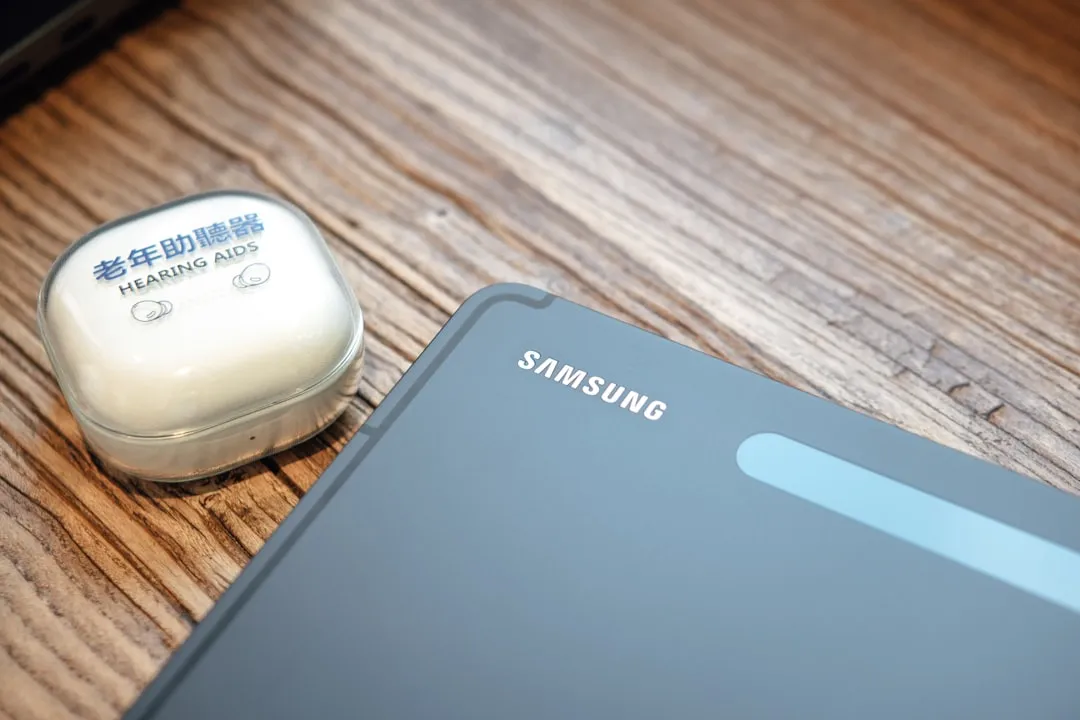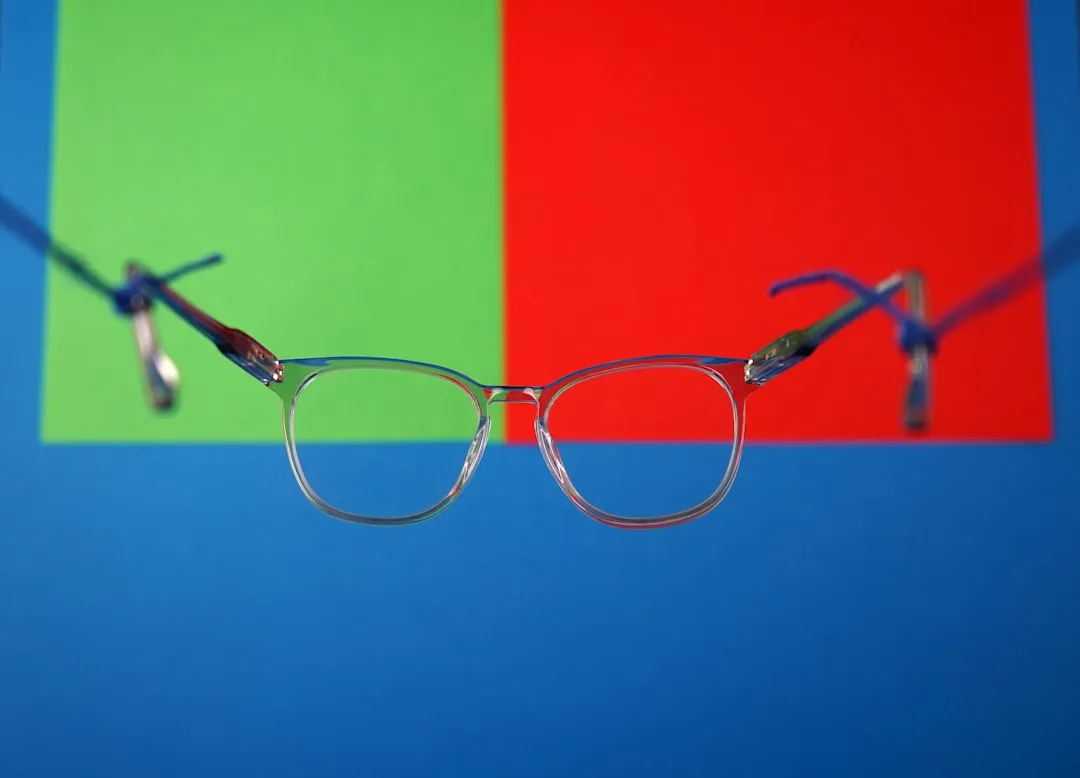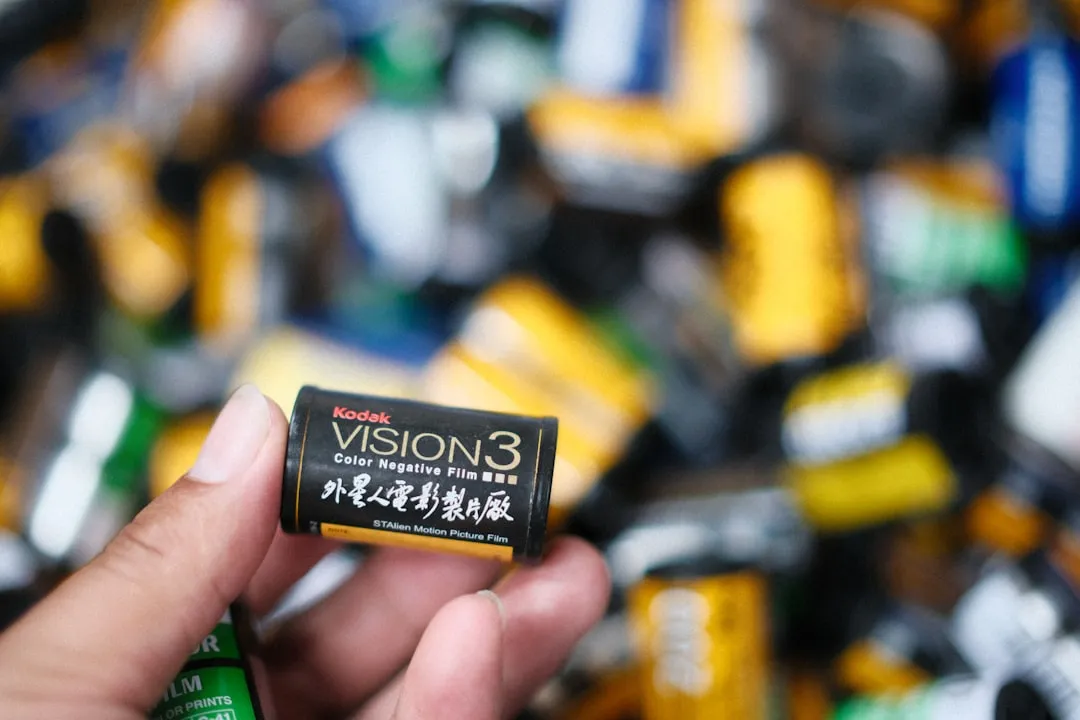On this platform, we talk a lot about the future of augmented reality, and we pay attention to what is being said elsewhere as well.
Sometimes the future chatter is about the hardware. Even more frequently, in recent months, the discussion is about the future of the AR cloud, or, as some like to call it, the metaverse. But the thing that seems to be missing in many of these discussions is the issue of trust.
• Don't Miss: Facebook's Smartglasses Are the New AR Hype, but It's Becoming Clearer That a Metaverse Platform War Is Coming
Trust is the fundamental bedrock that will likely determine the winners and losers of the percolating AR platform wars. Think about it. Whenever someone talks about the killer app scenario for AR smartglasses, the conversation inevitably turns to Apple. Is that because of the success of the iPhone? Sure, that's part of it.
But there are enough people out there, both professionals and civilians, who have become weary of Apple's walled garden approach and would prefer an alternative that doesn't rely on the wild world of Android. So, yes, Apple's mobile products are a success, but that doesn't really explain why so many AR insiders seem to default to "when is Apple releasing Apple Glass?" when the future of AR wearables is raised.

A concept video of Apple Glass at work
The real reason — although some have an aversion to elevating Apple to such a lofty position — is that Apple has, at least in recent years, indicated that it may be more trustworthy than other Big Tech companies when it comes to handling user data. The epic battle Apple waged with the FBI back in 2016 is Exhibit A. Few expect the same unyielding stance from Apple's rivals in Silicon Valley and Seattle. And Apple understands the largely unspoken element of trust as a component of its brand, going so far as to even embed the ethos in its latest marketing campaign.
However, in just the last couple of weeks, Apple has come under the microscope of Big Tech suspicion from the public after announcing that it has plans to scan the iCloud photos of iOS users in order to track and report child exploitation.
Despite the good intentions behind the move, privacy advocates quickly pointed out how this kind of policy shift on Apple's part could lead to more, unrelated surveillance in the future. The outcry was so loud that Apple's senior vice president of software engineering, Craig Federighi, emerged to give a rare non-product-event related interview to explain why Apple thinks its new policy is being "misunderstood."
No matter where you stand on Apple's policy shift, what the latest change reflects is that privacy and trust is a goal post that usually moves, however slowly, whenever it is in the hands of a public company. Now consider the future of AR smartglasses compared to your current smartphone. Even though many of us spend a lot of time on our smartphones and point them at nearly anything around us, there's still an inherent belief that when you put your smartphone down, you're "sort of" offline (audio mic hackers notwithstanding).
But in a world of camera-laced AR smartglasses, it would be unrealistic to think that users will take their smartglasses off every single time they want to say something, do something, or look at something they deem as completely private. So, in the case of Apple's new iCloud policy — which, by the way, includes humans reviewing certain flagged content — the level of intimate moments you'll potentially be exposing to the world will skyrocket.
Trust is the thing. Putting cameras on your face, 24/7, is the final frontier in terms of exposing your personal life to the world (or at least to workers at Big Tech companies). What you see, they will (ultimately) see. This is the reason there has been so much open skepticism about Facebook's entry into the world of AR wearables, given its rollercoaster track record with users on its website. Now that Apple has blinked and fallen closer in line with its rivals with regard to user data, the notion of trusting Apple as the default vanguard of AR smartglasses and AR cloud privacy has been compromised.
And that's where the often overlooked area of blockchain technology may come in as a solution. Whenever I discuss blockchain tech with AR insiders, my general experience is that there's little awareness of the space beyond the current price of bitcoin and which NFT recently sold for a high price. Beyond that, most of the talk revolves around lenses, form factors, battery life, design, virtual avatars, and competing AR cloud platforms. Blockchain rarely enters the conversation. That has to change.
No, blockchain tech is not the be-all-end-all answer to all things privacy-related, but it's a start in the right direction. In particular, it's important to point out that I'm referring to truly decentralized blockchains versus centralized blockchains in which the team exerts control over the project in a way that is designed to defeat privacy and immutability controls. If you're unfamiliar with blockchain tech, the shortest/abridged way to describe it is as a computer-based distributed public ledger, wherein all digital transactions are confirmed and (ideally/usually) immutable.
For example, if you send a photoshop picture of your cat via email, that photo can be copied endlessly, with no ability to detect the original from the copy. But if you send that same cat photo using a blockchain, you now have a very specific digital asset with a digital fingerprint on a particular blockchain that cannot be copied.
This is the foundation of the NFT (non-fungible token) movement that has suddenly affixed value to hundreds of thousands of digital images that once were seen as freely copyable assets. Those assets are still copyable in the main, but once the owner gives the digital asset a fingerprint on a blockchain, we now have "the original" version of the digital asset.
Of course, just because you put digital information on a blockchain, that doesn't automatically make it anonymous. This is the mistaken assumption many bitcoin users make. They incorrectly believe that bitcoin assets and transactions can't be tracked, but they can. In order to actually go anonymous in the world of digital cash, you need to use something like Monero or Zcash, or perhaps coin mixing to obfuscate the movement of crypto funds.
• Don't Miss: The Future of Augmented Reality & Blockchain Technology
The space of blockchain is still so (relatively) new to most that it's essentially the Wild West. If you're not conversant, you should fix that, as soon as possible. You may have noticed that tech luminaries like Twitter/Square's Jack Dorsey and Tesla's Elon Musk recently weighed in on Twitter regarding proposed new US crypto policies that could impact the entire blockchain space and how it develops and where.
These CEOs understand that blockchain will be important to monetizing and securing our content and transactions on the web and in the various AR clouds that come into existence. And while in the past I've only briefly touched upon the battle over Section 230 of the Communications Decency Act, the fact is that blockchain will also play a part (perhaps as alternative information platforms) in how this policy evolves and is executed over time.
Back in 2018, when I met face-to-face with then Magic Leap chief content officer Rio Caraeff, I really had only one truly burning question on my mind: Where are you guys with blockchain tech as it relates to the AR cloud? It's a question that many in the AR space are either unprepared to answer, or reticent to address due to secret projects still in development.
For this reason, if you're tracking Facebook and its activities around the Oculus Quest, Spark AR Studio, and coming Ray-Ban smartglasses, and you aren't also tracking its involvement in Diem, you're missing a large part of the story. Facebook understands that the key to the future of the AR cloud (or the metaverse) is in having an influential hand in how digital transactions and objects are handled.
Likewise, companies including Amazon, Microsoft (despite a shift to a partner model), Snap (via its StreetCred acquisition), and others are waking up to the fact that blockchain technology can no longer be ignored as a vital piece of our digital infrastructures, walled garden or not.
In the coming months and years, Apple may get the lion's share of the attention for helping to mainstream AR smartglasses (or, maybe, not) and the AR clouds that support them, but the long-term winner will likely be the organization that gets users to trust them the most.
Ideally, that winning team will harness blockchain's "don't trust, verify" tenet to help us ensure that what we see through our coming AR smartglasses is for our eyes only.
Cover image by Ameer Basheer/Unsplash

























Comments
Be the first, drop a comment!